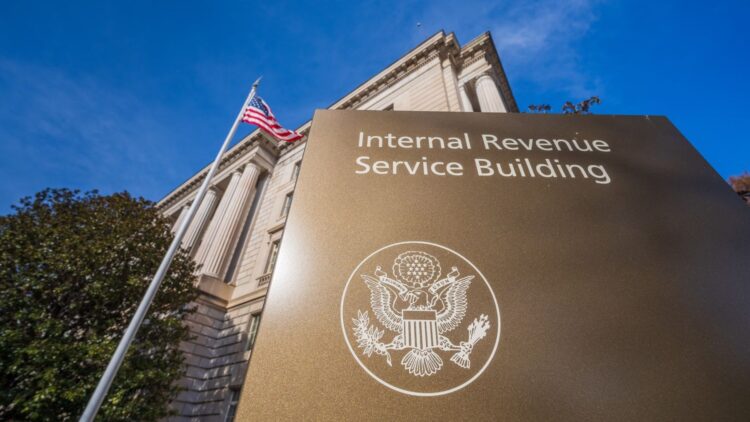The LA fires have brought up a lot of issues. On top of dealing with the natural disaster, families are now experiencing issues with recovering properties that have been damaged in the aftermath of the fires, lost family members and insurance claims to see what can be salvaged from a life that has now gone up in smoke. One of the issues that many are having to deal with is a very uncommon concept called “casualty gain”, which is not unheard of, but not something most of us have dealt with.
Starting from the beginning, what is a casualty gain? A casualty gain happens when you receive money (like insurance payouts or reimbursements) that is more than what you originally paid for a damaged or lost personal item. Normally, personal casualty losses (like theft or disaster-related damage) are only tax-deductible if they are part of a federally declared disaster. However, if you have a casualty gain, you can use personal losses (even those not from a declared disaster) to offset that gain before calculating taxes.
Why is having casualty gains from insurance payments so bad for you?
Let us take the case of an anonymous person who wrote to the Dear Liz column to ask a related question after their home was burned down in the Palisades fire. This person had lived in the house for 25 years and lost everything, but thought that their tax deduction because of the disaster would be helpful, but found themselves in quite the opposite situation.
While they thought that the insurance payment would be based on the current value of their home, they found that they had to use the original purchase price of the home 25 years ago as their adjusted cost basis. This means that the insurance settlement is not going to be enough to rebuild but it will exceed their cost basis (the original price you paid for an asset, including any related costs like taxes or fees. It is used to figure out how much profit or loss you have when you sell or dispose of the asset). If this happens they will end up with “casualty gains” causing them to have to pay even more in taxes.
According to the column, this is what the IRS calls an “involuntary conversion”, which happens when you lose property to a disaster and insurance proceeds are collected, This amount that ends up in “casualty gains” territory can be deferred in very specific cases.
Mark Luscombe, a principal analyst with Wolters Kluwer Tax & Accounting counsels “You can defer tax on this gain if you use the insurance payout to rebuild or buy a replacement property. Normally you’d have two years to use the insurance proceeds, but in a federally declared disaster such as the LA fires, the deadline is extended to four years.”
This is good news, as it gives victims like this anonymous person time to find their footing and not have an unexpected tax hit, but it does give a fixed timeline that may not come with much flexibility, Luscombe continues “The IRS may be willing to further extend the deadline under some circumstances, such as contractor delays. But don’t count on an extension if you’re simply unable to find a replacement property.”
Of course, for this money not to be taxed, you will need to spend all the gains pertaining both to the sale of the lot you are not using plus the money from the insurance company. As a final piece of insight, Luscombe explains “However, the home sale tax exclusion also applies to involuntary conversions. The exclusion allows you to shelter up to $250,000 of gains ($500,000 if married filing jointly) on a sale or involuntary conversion, as long as you’ve owned and lived in the property as your primary residence for two of the last five years. So you could exclude that amount of gain and defer the rest if you rebuild or find a replacement property”.

